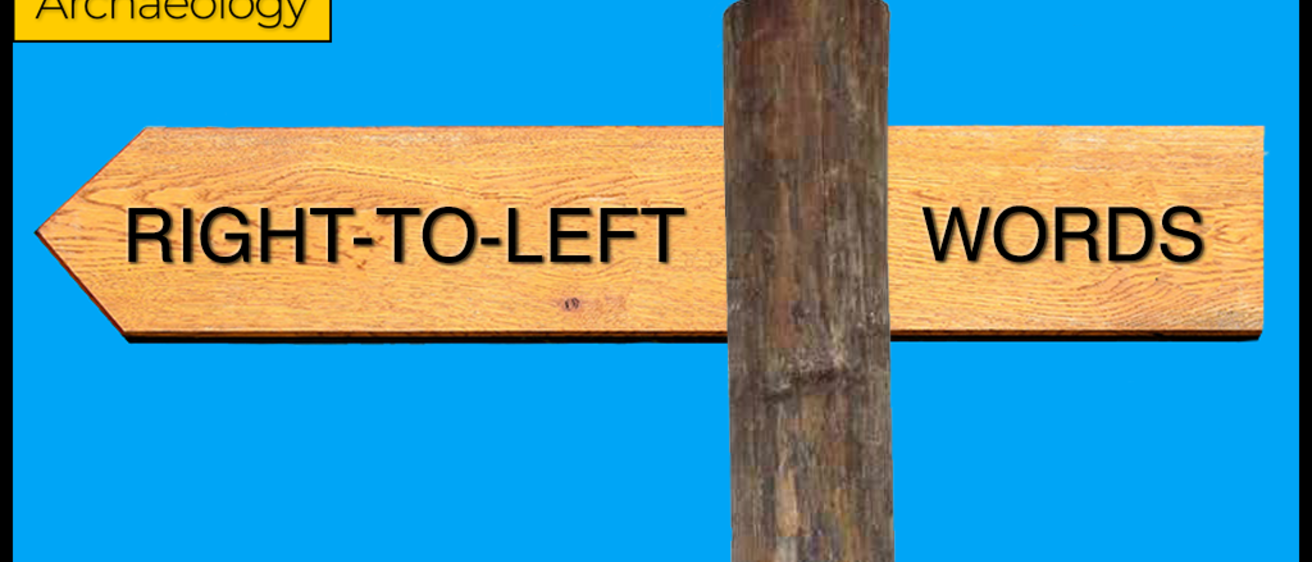The Hebrew verb שׁתה (shāṯāh) means "to drink." The word שׁתה (shāṯāh) is used to describe the activity of drinking for both humans and animals, as seen in Genesis 24:18: "'Drink (שׁתה), my lord,' she said, and quickly lowered her jar upon her hand and gave him a drink. When she had finished giving him a drink, she said, 'I will draw for your camels also, until they have finished drinking (לשׁתה)'."
Two important examples of שׁתה (shāṯāh) come from the life of Moses, as there are two instances where Moses produces water from a rock to satisfy the Israelite's complaints about a lack of drinkable water in the wilderness. The first instance occurs at Mount Horeb in Exodus 17:6 where Moses is instructed to, "Strike the rock, and water will come out of it, so that the people may drink (ושׁתה)." The second instance is found in Numbers 20. Now at Meribah, the Israelites again say that "there is no water to drink (לשׁתות)" (20:5), and yet again, God instructs Moses to provide water from a rock. However, instead of being told to strike the rock, Moses is told: "command the rock before their eyes to yield its water" (20:8). For whatever reason, possibly simple frustration, Moses does not obey the instructions, and instead of speaking to the rock, the text states that "Moses lifted up his hand and struck the rock twice with his staff; water came out abundantly, and the congregation and their livestock drank (ושׁתה)" (20:11). While the rock again produces water, Moses's decision not to obey has lasting consequences. According to Numbers 10:12, it is because of this moment that Moses does not bring the Israelites into the promised land, a responsibility instead given to Joshua.
